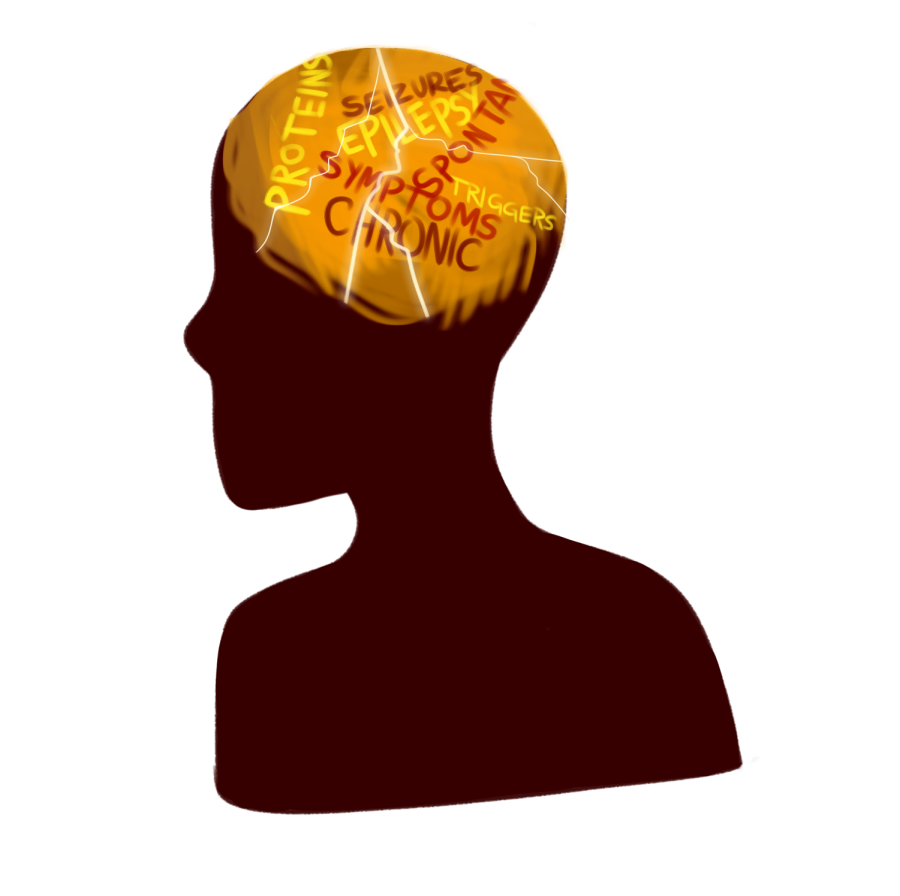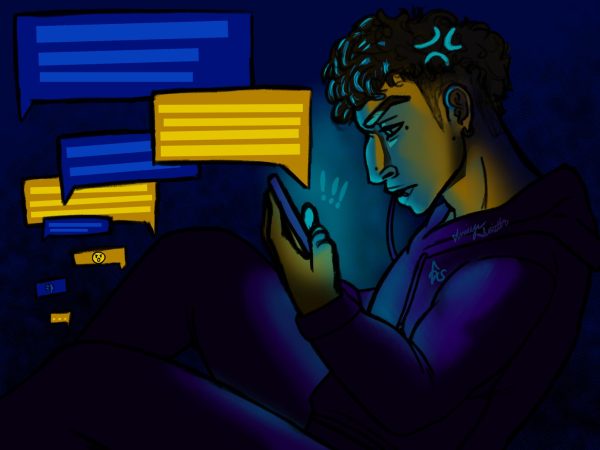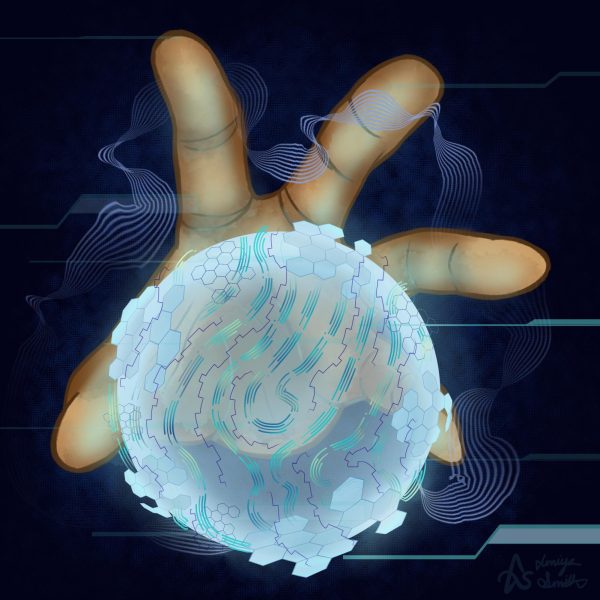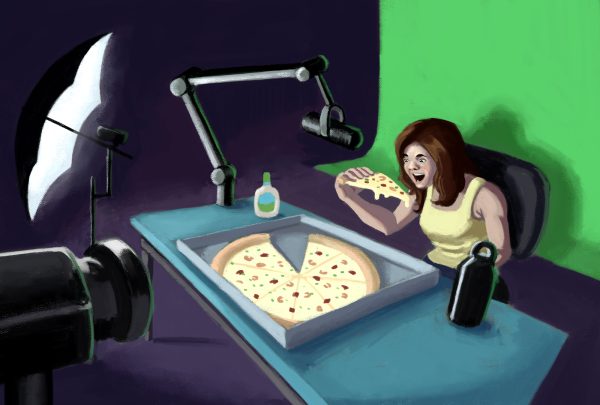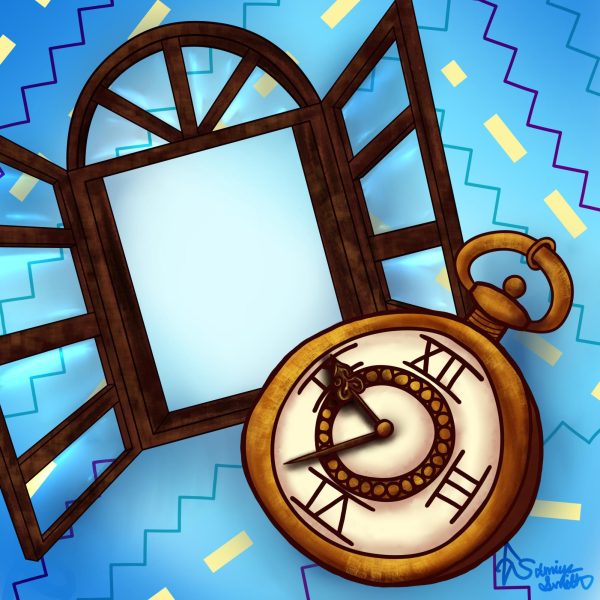How I’ve Coped with Epilepsy
A letter from an epileptic
As a person with epilepsy, I have come across many others who are not sure of what this condition is. Before I turned 15, I hadn’t paid much attention to people with seizures, so after having my first one at the age of 14, my knowledge of epilepsy and seizures grew.
Epilepsy is a neurological disorder, and if a person is epileptic, he or she has seizures. While most people act similarly while they’re having seizures, different types of seizures exist. There are also different stages of epileptics. For instance, I have juvenile myoclonic epilepsy, which means I have seizures, but I can control them more easily if I am on medication. That title was also given to me because juvenile epilepsy ranges from the ages of nine through 21, and I was a teenager when I was diagnosed. While my case isn’t as bad as others with epilepsy, as I have only had four seizures in my lifetime, some people have seizures daily and take several medications. The Epilepsy Foundation’s website said that there could possibly be reasons for people having seizures like a brain injury or family genes, but the most common answer is unknown. I am one of those common people; I do not know why I have seizures.
Triggers are important to know when dealing with an epileptic. My first seizure was caused by a large amount of stress combined with the sunlight quickly beaming through the trees like a strobe light while I was on a school bus. Strobe lights are known to attack those of us with epilepsy because our brains have stigmas that are moving too fast and unproportionately. Sleep deprivation and missing medication or not taking the right dosage are other triggers. I’ve had a seizure in the past because of the combination of missing my twice a day dose of Keppra, my epilepsy medication that decreases my seizures, and not getting enough sleep.
During my most recent seizure, I woke up early that morning because I was supposed to work that day. I had been out late the night before, so I was pretty sleep deprived. Not to mention, I had forgotten to take my medication when I came home that night. I felt myself starting to jolt. When a person jolts, twitching comes to mind, but more of a strong twitch, causing that person to move the entire body. I called my roommate, Ashlyn Shoup, as soon as I realized what was happening, and I told her that I might be having a seizure. She rushed to my aid just in time. Right before I blacked out, I remember trying to get her to talk to me as I laid on my bed, just a casual conversation to distract me. The next thing I remember was coming to with her beside me asking me questions that I barely remember today.
Seizures don’t allow much memory before, during, and after the process an epileptic person goes through. During the seizure itself, I have never recovered any memory, only tid-bits before and after. There are possibilities of biting one’s tongue or vomiting, but usually biting the tongue is most common. Because a person has no control while he or she is undergoing a seizure, having another person there to care for you is the best route, but that won’t always be the case. I have had instances where I have been completely alone and have banged my head against hard surfaces. I used to have a decent memory, and now, due to a couple possible concussions, I don’t remember people, dates, and events as easily as I used to.
Ashlyn Shoup is a senior at CSU, majoring in kinesiology with a concentration in exercise science and a minor in dance. Having known about my condition and the fact that we would be living together, I thought telling her what to do in the case that I had a seizure would be best for both of us.
“My dog has epilepsy, but that is a little different,” Shoup stated when asked if she had ever dealt with seizures before. Other than her dog, I have been the only other being that she has helped with seizures. She mentioned that there were other moments where she would have liked to help another person during a seizure, but didn’t know the proper precautions to take.
After helping me and learning the proper way to deal with someone who is having a seizure, she created a process in her head for the next time,
“Number one, protect their head, don’t think you’re not going to freak out because you are. But the most important thing is that you stay calm because otherwise the situation is just going to escalate.” While she mentioned that she is not made to work in the medical field because situations like this one would be too intense for her, she feels stronger in the sense that if she needs to be of help, she can. I then asked her if she felt scared or worried about being roommates with an epileptic and she said,
“If it had happened and I hadn’t had the conversation with you ahead of time then that would have been different, but the fact that we had talked about it and made sure that if it ever happened and how to handle it, that made me feel not uncomfortable with this situation.”
Being epileptic can be difficult and frustrating at times, especially when we know our limitations, yet something can still happen. I believe the importance of the knowledge of what to do when someone is epileptic or just simply having a seizure is critical because this disorder is more wide-spread than people realize. Help friends, family members, and even strangers by simply being aware.
Having epilepsy for the past eight years has given me a different perspective on life. When all my friends went to concerts or rode roller coasters, I had to sit out. As a teenager, this disorder was a disaster to my life because I was dramatic when I found out I wouldn’t be living like the rest of the world. However, as I have grown, I no longer see this disorder as disconnection from my life, but rather a new, cautious lifestyle. Having epilepsy has not caused me to miss out on everything, but rather to see the beauty in the different, maybe smaller experiences of life that not everyone else covers.
Helping an Epileptic in 8 Steps:
1: Try to lay the person down gently on their side
2: Place something soft underneath the head, so they do not get a concussion
3: Remove any objects from their face like glasses as well as anything around the person because their arms will flail about
4: Time the seizure; if the time has been longer than five minutes, dial 911
5: DO NOT try to hold them down (it is okay to gently keep them from rolling off a surface)
6: DO NOT place anything in the person’s mouth, it will cause damage to the inside of the mouth and tongue
7: Most importantly, try not to panic; that will make the situation worse
8: Wait for them to wake up after they have calmed down and sit with them for a while to make sure another seizure isn’t on the way



